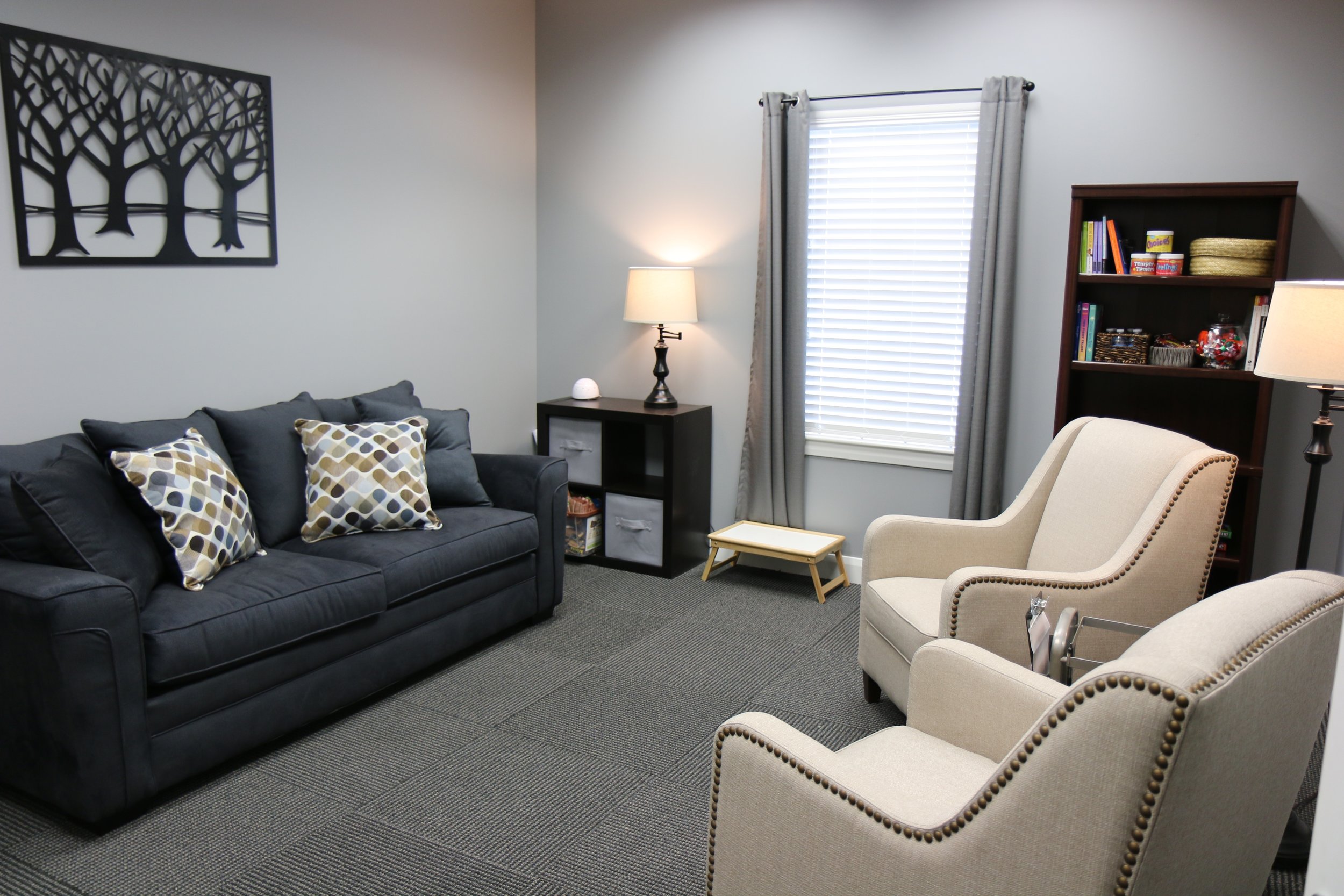FAMILY THERAPY
Family therapy at Tree of Life Counseling is based on the belief that the family is a unique system with its own structure and patterns of communication. These patterns are determined by many things, including the parents' beliefs and values, the personalities of all family members, and the influence of the extended family (grandparents, aunts, and uncles). As a result of these variables, each family develops its own unique personality, which is powerful and affects all of its members.
During therapy sessions with your Tree of Life Therapist, the family's strengths are used to help them handle their problems. All members take responsibility for problems. Some family members may need to change their behavior more than others. Family therapy is a very active type of therapy, and family members are often given assignments. For example, parents may be asked to delegate more responsibilities to their children.
The number of sessions required varies, depending on the severity of the problems and the willingness of the members to participate in therapy. The family and the therapist set mutual goals and discuss the length of time expected to achieve the goals. Not all members of the family attend each session.
Who can benefit?
Anyone who has a condition that interferes with his or her life and the lives of family members may benefit from family therapy. Usually, the better the family functions, the lower the stress level for the person with the health problem.
Family therapy can also be useful before problems begin. Some families seek this type of therapy when they anticipate a major change in their lives. For example, a man and woman who both have children from previous marriages may go to family therapy when they marry to help all family members learn how to live together.
For the best results, all family members need to work together with the therapist toward common goals. But if one member refuses to attend sessions, other family members can still benefit by attending.
Family therapy is useful in dealing with relationship problems within the family and may help reduce symptoms such as excessive discord, eating disorders or alcohol use problems. But more specific types of therapies, such as cognitive-behavioral therapy or medicines, may be needed too.
A family therapist:
Teaches family members about how families function in general and, in particular, how their own functions.
Helps the family focus less on the member who has been identified as ill and focus more on the family as a whole.
Helps to identify conflicts and anxieties and helps the family develop strategies to resolve them.
Strengthens all family members so they can work on their problems together.
Teaches ways to handle conflicts and changes within the family differently. Sometimes the way family members handle problems makes them more likely to develop symptoms.
North Ogden Office











COMMON REASONS FOR SEEKING THERAPY:
Relationship conflict with parents
Mental heath issues
Sibling Rivalry
Blended Family
Divorcing families
Parent & child conflict
Health crises
Grief and loss
Adult children intervening with aging parents
Extended family problems
A child has behavior or school problems.
Children or teens have problems getting along with each other.
One family member has a long-term (chronic) mental illness, such as severe depression or anxiety disorder.

